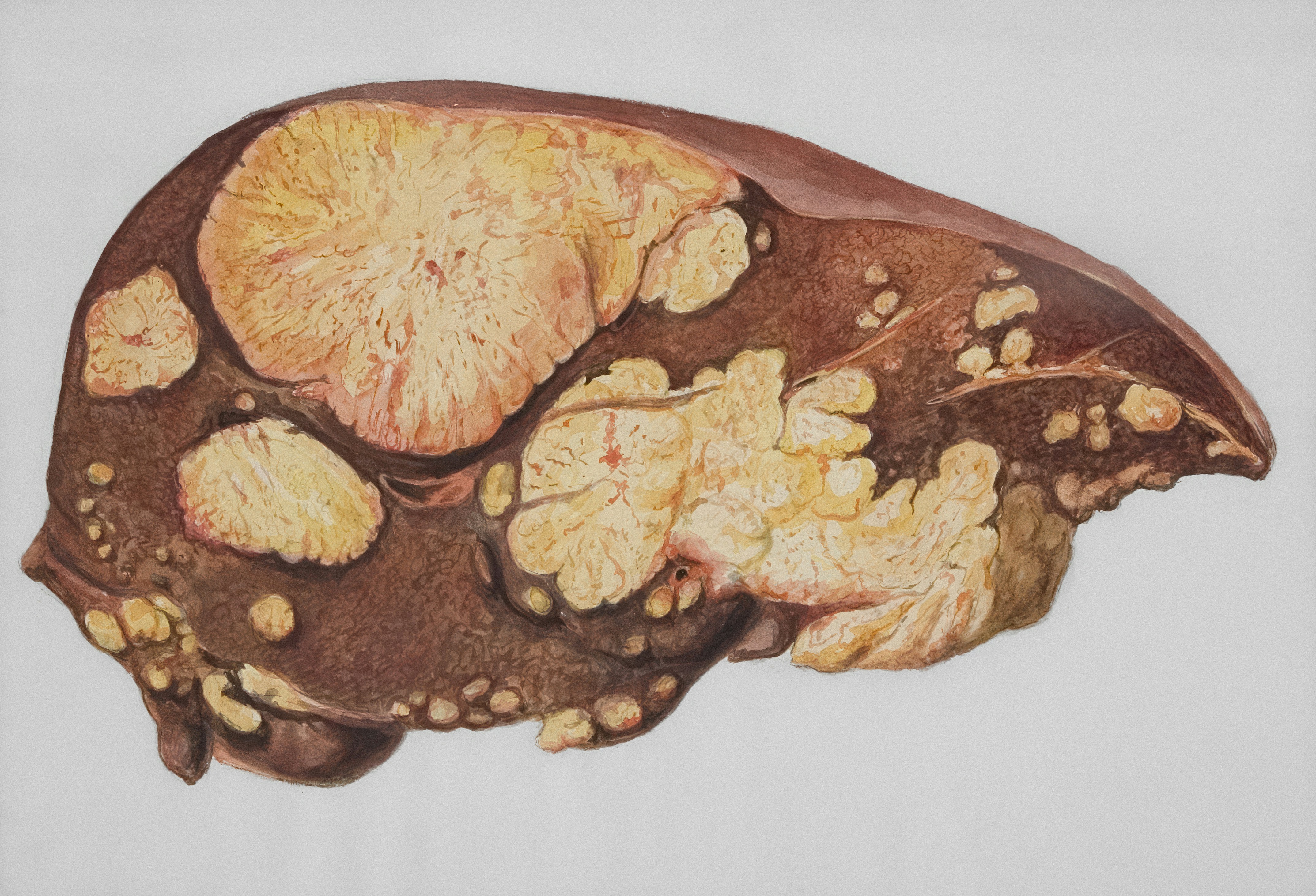What is Fatty Liver Disease?
Fatty liver disease, also known as steatosis, refers to the accumulation of excess fat in liver cells. This condition can occur in individuals who drink little to no alcohol and is categorized into two primary types: non-alcoholic fatty liver disease (NAFLD) and alcoholic liver disease.
What Causes Fatty Liver Disease?
Various factors contribute to the development of fatty liver disease, including obesity, insulin resistance, high cholesterol, and excessive alcohol consumption. Understanding these underlying causes can help in managing and potentially reversing the condition.
What are the Symptoms of Fatty Liver Disease?
Fatty liver disease often presents with few to no symptoms in its early stages. However, some individuals may experience fatigue, abdominal discomfort, or unexplained weight loss. Recognizing these signs is crucial for timely intervention.
How is Fatty Liver Disease Diagnosed?
Diagnosis of fatty liver disease typically involves imaging tests, such as ultrasound or CT scans, and blood tests to assess liver function. In some cases, a liver biopsy may be recommended to evaluate the extent of liver damage.
What are the Treatment Options for Fatty Liver Disease?
Currently, there is no specific medication for fatty liver disease; however, lifestyle changes are highly effective. Recommended treatments include weight loss, a balanced diet, regular exercise, and managing underlying health conditions such as diabetes and high cholesterol.
Can Fatty Liver Disease Be Reversed?
In many cases, fatty liver disease can be reversed with appropriate lifestyle modifications. Losing weight, improving diet quality, and increasing physical activity can significantly reduce liver fat and improve overall liver health.
What Lifestyle Changes Can Help Manage Fatty Liver Disease?
Effective lifestyle changes include adopting a Mediterranean diet, which emphasizes fruits, vegetables, whole grains, and healthy fats while reducing sugar and saturated fats. Physical activity, such as regular aerobic exercise, is also vital for managing the condition.
How Does Alcohol Consumption Affect Fatty Liver Disease?
Alcohol consumption can exacerbate fatty liver disease, especially in individuals with alcoholic liver disease. Reducing or eliminating alcohol intake is often essential for preventing further liver damage.
Is Fatty Liver Disease Life-Threatening?
While fatty liver disease itself is not typically life-threatening, if left untreated, it may progress to more severe conditions like non-alcoholic steatohepatitis (NASH), cirrhosis, or liver cancer, necessitating regular monitoring and management.
How Can Regular Check-ups Help in Managing Fatty Liver Disease?
Regular medical check-ups are crucial for individuals with fatty liver disease. They allow for ongoing monitoring of liver function, assessing the effectiveness of treatment plans, and making timely adjustments to lifestyle or medication as necessary.




